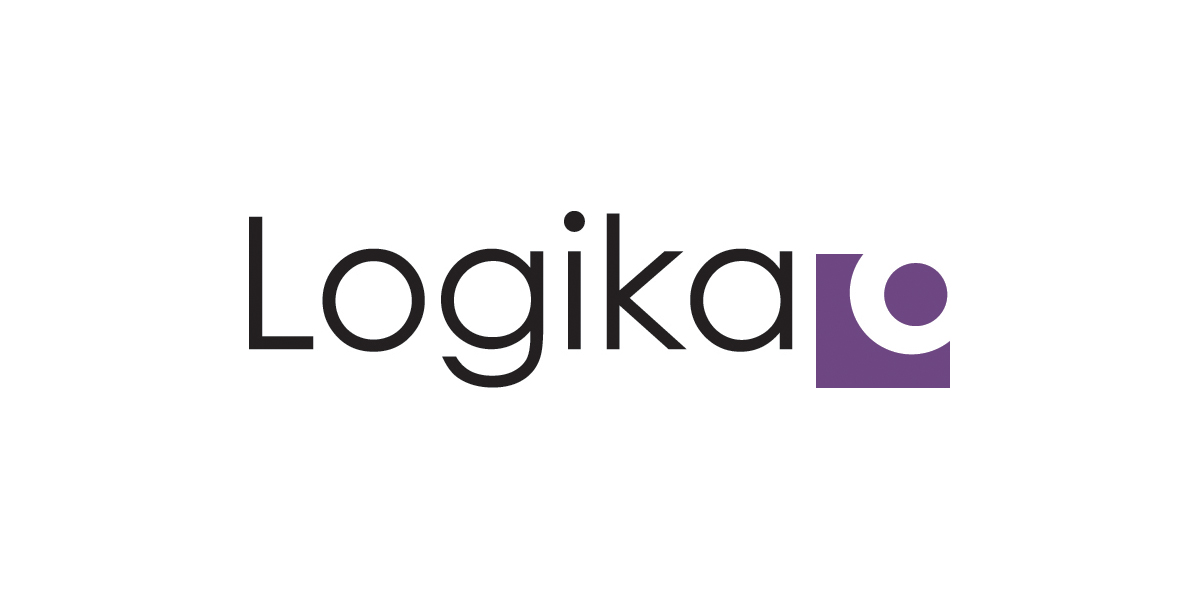In the not-too-distant past professional success was a pretty straightforward proposition:
- go to the right school
- get a job with the right company
- climb the corporate ladder for the next few decades
- step off the treadmill into a secure retirement
It didn’t really matter how meaningful or satisfying. Work was the price you paid to earn the rewards you needed to do the things you wanted. The result: a disengaged, disenfranchised workforce (see the data from Gallup). I hear hiring managers and business leaders complaining all the time about how “millennials don’t want to work”. I’ve found that it’s not that they don’t want to work, they just don’t want to work in the 1950s.
Not too long ago I was talking to a group of young professionals who all had what they consider to be good jobs with good companies. The most common comment was summed up when one person said “I’m 28 and I’ve gone as far as I can go with this company.
I know several small business founders who have found a way to make the living they want and don’t want to grow their business anymore. They like the “family” atmosphere they have now and just want to keep their current employees and current way of working. The challenge will be keeping those employees engaged as their professional aspirations grow.
A participant in one of my mastermind groups summed it up best when he said:
I want work that is personally satisfying in an enviornment of challangeing but reasonable expectatons with minimum drama.
That’s not a millennial thing, it’s not a boomer, Gen-Z, or any specific demographic thing. It’s a human thing! I’ve checked. I even did some original research on the topic.
At Logika, we’re developing programs and resources to work with people who want to create meaningful work and professionals who want to fully commit to being a part of that kind of work ecosystem – as freelancers, contractors, consultants, as well as employees.
We’re putting the finishing touches on some new resources: creating challenging, engaging, meaningful work without drama. We want to make sure we don’t leave anything important out. SO:
What’s your #1 question about how to be a part of work that is meaningful and compelling without drama and unrealistic expectations? I’d love to see your thoughts in the comments below!

Recent Comments